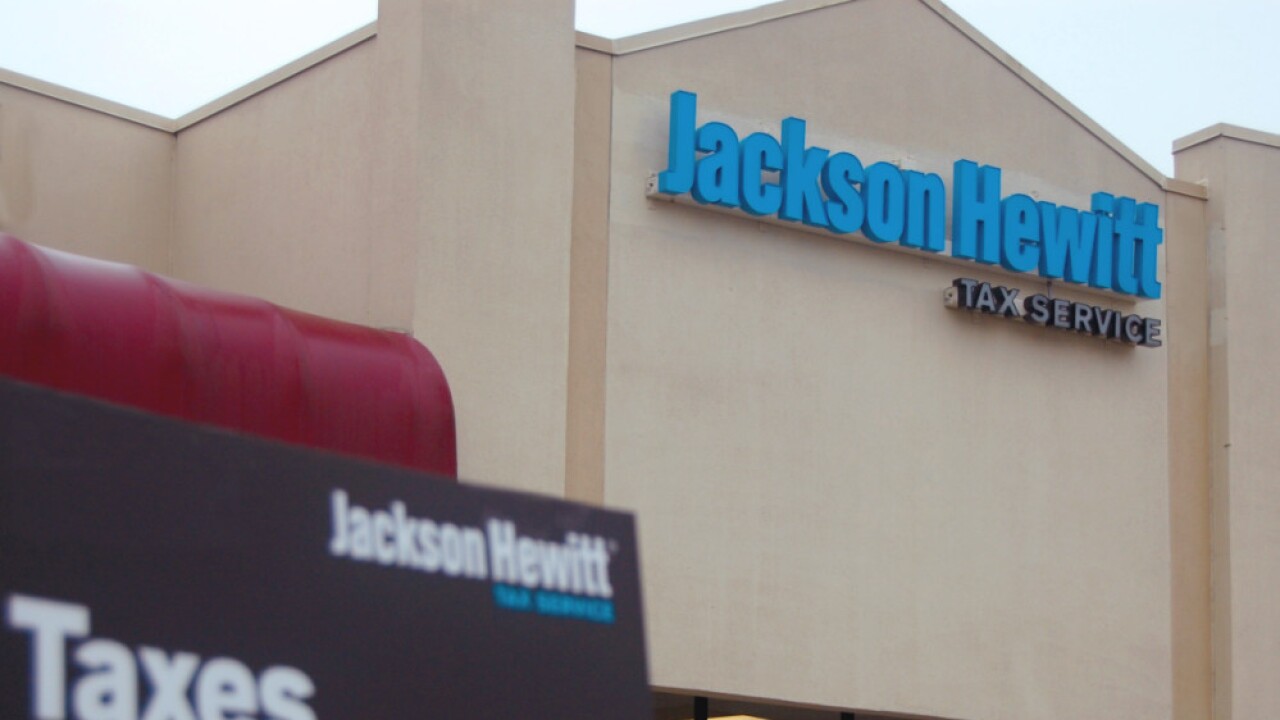While the 2022 filing season could have been a bumpy ride, it was actually remarkably smooth, according to Mark Steber, senior vice president and chief tax officer at Jackson Hewitt — but tax pros shouldn’t necessarily expect the same going forward.
“It was smooth by any standard, but especially so when you compare it with the two seasons before it,” he said. “Returns were processed seamlessly, and our customers got their refunds seamlessly. Having said that, there are always problems and glitches, but in reflection not as many as the past two years. I would give the IRS a solid ‘A’ in terms of efficiency.”
But that doesn’t mean that next year will be just as smooth, Steber predicted. “As the pandemic has been waning, most of the problems have passed, but that won’t make it an easier tax season,” he said. “There will be a lot of big tax changes for the 2023 season, even in the face of no new legislation.”
“Many benefits that were in place for the 2021 tax year last filing season have expired or changed significantly,” he observed. For example, the Child Tax Credit, the Child and Dependent Care Tax Credit, and the Earned Income Credit will be less beneficial than in prior years. “This will create confusion and lower refunds. The charitable donation deduction for nonitemizers was here for 2021 but will be gone for the 2022 tax year. It wasn’t a huge perk, but it helped a lot of taxpayers who donated to charities but didn’t itemize.”

Refunds were up 8% for the 2021 tax year, he said: “But the numbers don’t tell the whole story of taxpayers with large families that were helped by these benefits. Tax year 2022 will produce many refund surprises, because the benefits that were available last year won’t be there. So we’re coaching our clients to do a midyear check up to anticipate expiring benefits.”
Another important issue to watch for is the new thresholds that apply to Form 1099-K, he indicated. Form 1099-K, “Payment Card and Third-Party Network Transactions,” is an information return used to report payment transactions. For returns prior to the 2022 calendar year, the form required the reporting of gross payments that exceeded $20,000 for more than 200 transactions. For returns for calendar years 2022 and after, the threshold has been lowered to reporting any single transaction of $600 or more.
“This is important for the self-employed or side-giggers,” Steber said. “A lot of people got creative and started a side hustle during 2019 and 2020. A lot are doing it today in response to the high inflation just to make ends meet. But with the lower reporting thresholds, we anticipate a lot of confusion over the reporting requirements. Many people will be seeing Form 1099-K for the first time.”
Steber predicts there will be robust capital gains this year. “People are still buying and selling,” he said. “They will have losses that can offset gains or make them partially deductible.”
And he expects some changes resulting from the midterm elections in November. “Whenever there’s a big midterm election, there will be some new proposed legislation,” he said. “There’s been some talk of a new child and family benefits package. Moreover, some states are talking about getting aggressive with their own plans to help people, for example, through state gasoline cards. Depending on the state of the economy and the mood of the electorate, I can definitely see a post-November bipartisan benefits package.”




